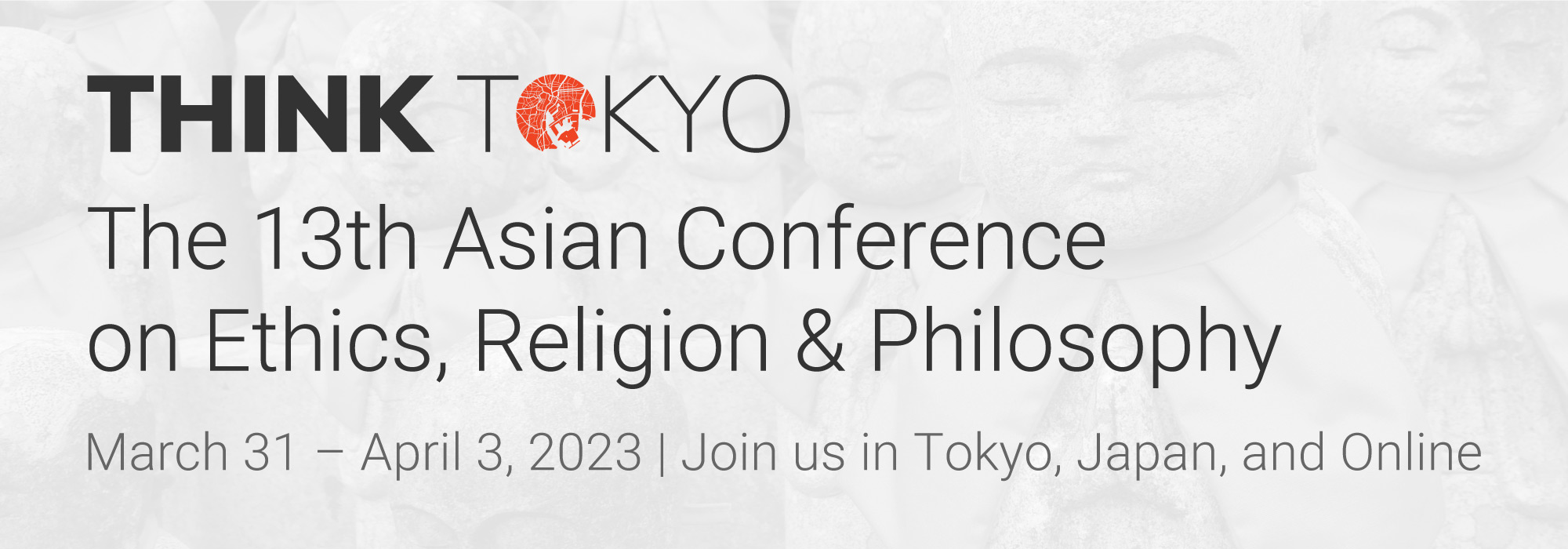Screen Time and Social-Emotional Competencies Among Youth: Can Mindfulness Play a Role? (68658)
Session Chair: Soyeon Kim
Sunday, 2 April 2023 11:20
Session: Session 1
Room: Room 705
Presentation Type:Oral Presentation
Background: Excessive screen time poses a serious concern regarding inadequate social-emotional development. Social-emotional competence (resilience, self-esteem, and self-compassion) are essential to buffer adverse screen time impact on youth mental health in the prolonged pandemic timeline. The current study investigated the efficacy of a mindfulness-based intervention on social-emotional competence in youth exposed to screen time during the pandemic.
Methods:. A total of 117 community youth participated in a 12-week, online mindfulness-based program and completed pre-, post- and follow-up surveys across five cohorts during the COVID-19 pandemic (Spring 2021 to Spring 2022). Using linear regression analyses, we examined differences between youths’ social-emotional competence on three-time points (baseline, post-, and follow-up survey). Results: In an unadjusted regression model, resilience [β= 3.68, 95%CI=1.78-5.50, p<.001], self-compassion [β= 0.50, 95%CI=0.34-0.66, p<.001], and self-esteem [β= 2.16, 95%CI=0.98-3.34, p<.001] significantly increased after the mindfulness program, and the effects were maintained in the follow-up. The efficacy of the mindfulness program persisted after controlling for screen time [RS: β=2.73, 95%CI=0.89-4.57, p<.01; SC: β= 0.50, 95%CI=0.32-0.67, p<.001; SE: β=1.46, 95%CI=0.34-2.59, p<.01] and in a fully adjusted model which accounted for the baseline mental health status and demographic factors [RS: β=3.01, 95%CI=1.20, p<.01; SC: β= 0.51, 95%CI=0.33-0.68, p<.001; SE: β=1.64, 95%CI=0.51-2.77, p<.01].
Conclusion: Evidence-based produced from this study supports the use of online mindfulness programs in enhancing social-emotional competence among youth exposed to increased screen time. Lessons learned can also guide wellness programming through physical distancing and beyond as we slowly transition to a "new normal".
Authors:
Soyeon Kim, McMaster University, Canada
Stephanie Munten, Waypoint Centre for Mental Healthcare, Canada
Shavon Stafford, Waypoint Centre fore Mental Healthcare, Canada
Nathan Kolla, University of Toronto, Canada
About the Presenter(s)
I am an assistant clinical professor at the department of Psychiatry and Behavioural Neurosciences at McMaster University and a research scientist at Waypoint Research Institute, Waypoint centre for mental health care.
Connect on Linkedin
https://www.linkedin.com/in/kimsoyeon0/
Connect on ResearchGate
https://www.researchgate.net/profile/Soyeon-Kim-23
See this presentation on the full schedule – Sunday Schedule





Comments
Powered by WP LinkPress